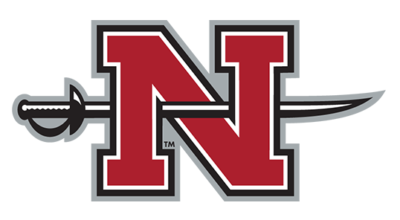Student Advising & Mentoring (SAM) at Nicholls State University proposed to enact the idea that academic advising is teaching. For many students and faculty, academic advising provides one of the rare moments of one-on-one interaction; with training and preparation, an enthusiastic faculty member and receptive student can engage in advising sessions that are frank reflections on academic and career goals, personal strengths and weaknesses, and extracurricular opportunities and support. To counter the notion that advising comprises little more than course scheduling, SAM has sought to exemplify the idea that advising “is a series of intentional interactions within a curriculum, a pedagogy, and a set of student learning outcomes” (NACADA: The Global Community for Academic Advising, 2006). The goals of SAM strive to infuse this concept into the fabric of the institution, to elevate the role of advising in the academic life of our students, and to improve the quality of advising so that the information exchanged during the advising process is wide-ranging and meaningful.
Assessment of Student Learning Outcomes
Direct assessment of the SAM student learning outcomes involved collecting individual students’ writings using templates for the Freshman Reflection Piece (FRP) and Sophomore Reflection Piece (SRP) and then assessing the writings with a standard rubric. The assessment rubric can be viewed here.
Assessment of Program Outcomes
Various surveys were used to assess the effectiveness of program outcomes and included the Noel-Levitz Student Satisfaction Survey, Academic Advising Inventory, and the National Survey of Student Engagement.
A complete reporting of the impacts of the QEP can be found here.
